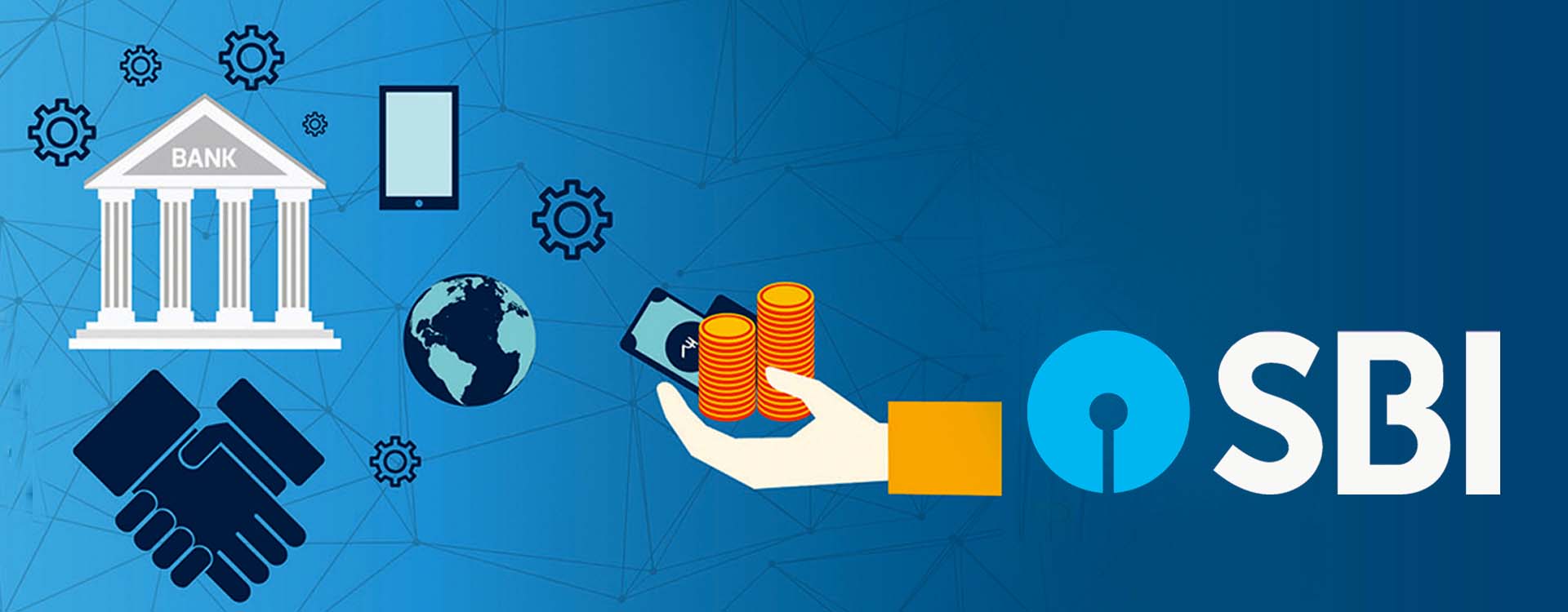State Bank of India (SBI) recently invested an undisclosed amount in a Bengaluru-based Fintech start-up making it India’s largest Public Sector lender to join investors like Apis Partners, SmileGate, and Y Combinator.
SBI is the newest entrant to the investors landscape and stands out among fellow start-up investors. SBI is India’s most trusted and a leading lender. Having them on board is a game changer for any start-up. SBI’s investment in Fintech start-up Cashfree is a strategic one which occurred at a post-money valuation.
Change in Start-up funding landscape in India
SBI’s investment was targeted at a growth strategy focused on customer experience and product innovation. The start-up funding landscape is changing thanks to the renewed interest from banks towards technological innovation.
Case in point is ‘PSB 59 minutes’, a fintech start-up where a number of public sector banks like SBI, Punjab National Bank, Bank of Baroda, among others have got into partnerships. The start-up disburses loans for SMBs in 59 minutes via the partnered Banks.
There is immense interest among banks towards the start-up community especially around fintech players who offer innovative technologies like AI chatbots. Also, these banks are now very open to explore new technologies like Blockchain to streamline traditional banking.
Potential for Accounts Aggregator Business in India
SBI’s Cashfree investment is not just about getting into the payment gateway business. The Reserve Bank of India (RBI) recently announced licenses for NBFCs (Non-Banking Financial Institutions) to venture into the account’s aggregator business. This move is set to transform financial services in India.
The accounts aggregator market is still growing but looks quite promising as a potential asset-light infrastructure business consideration. A number of NBFCs have already received RBI approval.
Soon, more public, and private sector banks will make their entry, empowered by regulations, innovation, and new-age technologies like Artificial Intelligence (AI) and Machine Learning (ML).
‘‘
SBI is the newest entrant to the investors landscape and stands out among fellow start-up investors.
What’s in it for me?
It’s interesting how SBI chose a digital payments and banking technology start-up for investment which opens up avenues for more start-ups in this sector. It demonstrates how SBI is rooting for digital payments despite being a traditional financial institution.
Public sector banks supporting the growth of fast and easy payments ecosystems is huge for the Fintech sector. SBI has a keen eye on fintech start-ups and Cashfree is just one among an upcoming list of beneficiaries. SBI is currently an active investor in Fintech start-ups and its associate company SBI Capital Ventures Ltd. Is tasked with the disbursal of funds.
SBI is also interested in investing in blockchain start-ups with a specific use where the bank has a pivotal role to play.
Lending and Insurance fintech start-ups are very much capable of taking on large banks through their technological innovation. But these fintech start-ups need collaboration with banks for their customer base and their legacy of trust. The best way forward is through partnerships or investments between fintech start-ups and banks (both public and private sector).
Fintech start-ups have been offered an open field for pitching their ideas with SBI for potential procurement, partnership, or investment. Even HDFC Bank, India’s biggest Private Sector Bank became open for collaboration with third-party players in Fintech instead of competition against them.




